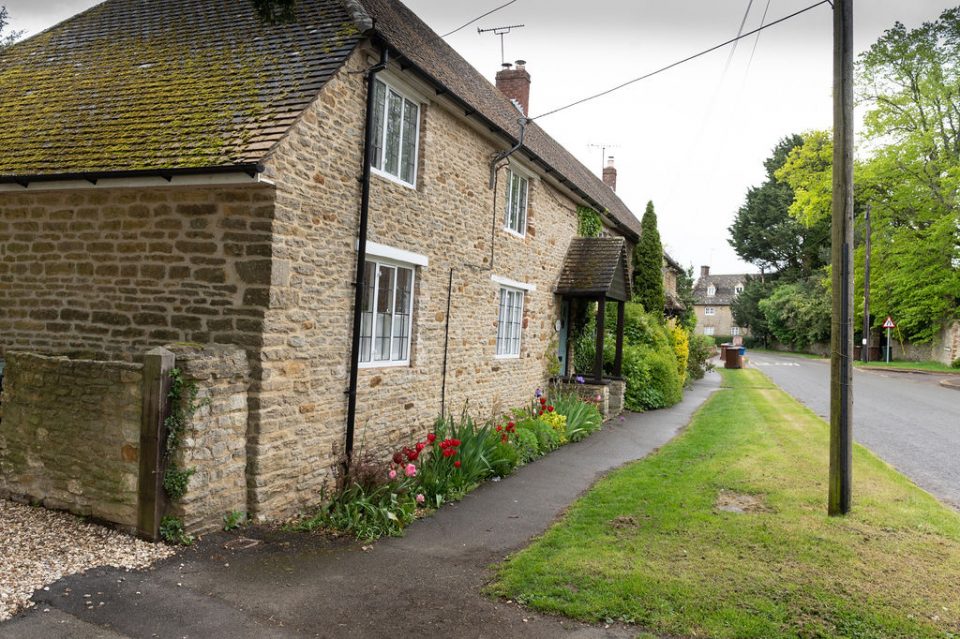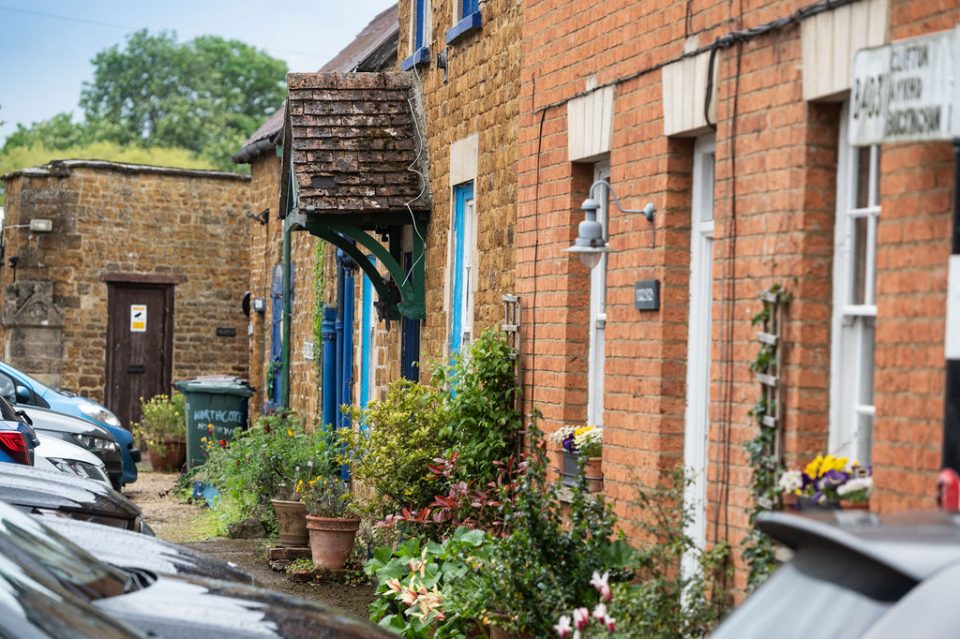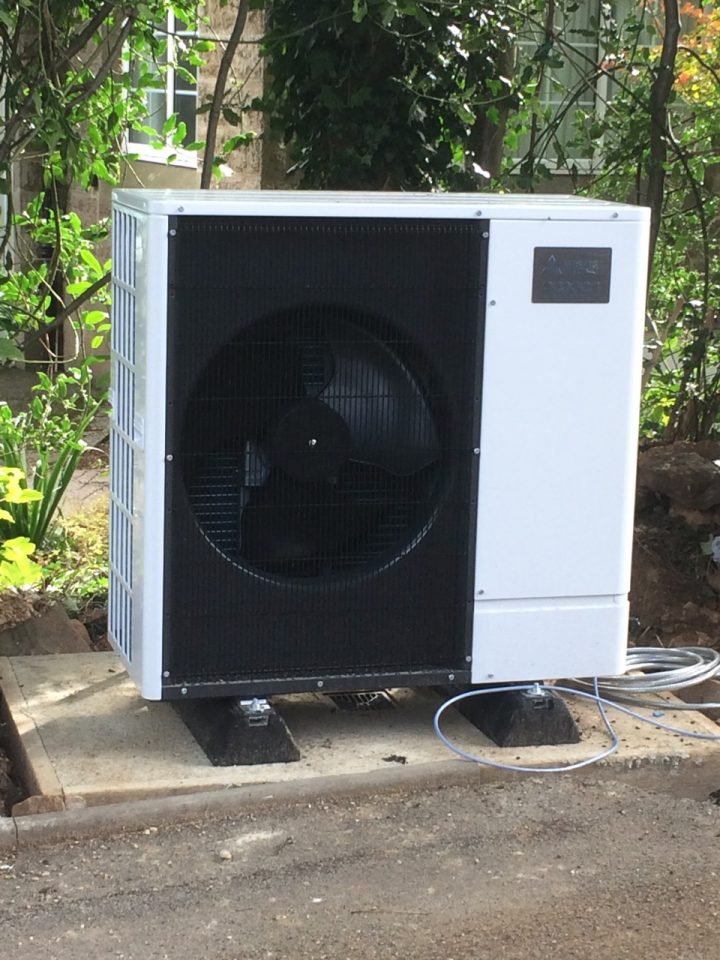- Case studies
- Deddington and Duns Tew Smart and Fair Neighbourhood
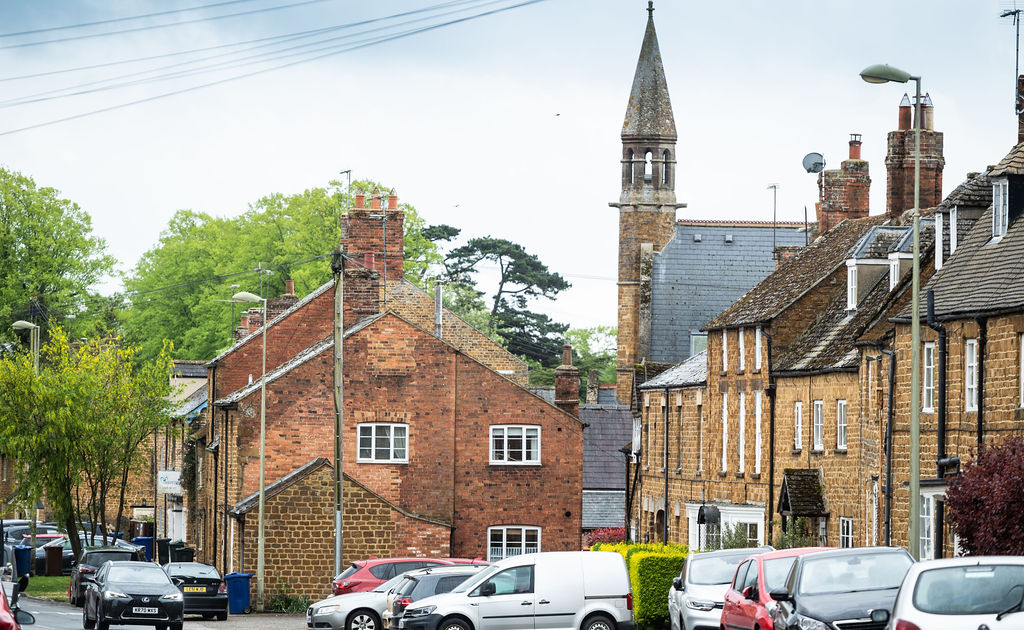
Deddington & Duns Tew
Smart and Fair Neighbourhood Trial
The Deddington and Duns Tew trial formed part of Project LEO’s Smart Fair Neighbourhood (SFN) projects. These were six sets of local trials that explored how Smart Community Energy Scheme (SCES) business models can sit at the heart of a smart, low-carbon, locally balanced energy system, creating opportunities and benefits in an equitable and fair way for everyone.
Deddington is a large Oxfordshire village that is partially off the gas network; Duns Tew is a much smaller community and is completely off the network. Both villages have strong local environment and sustainability groups who are working on the challenge of what a zero-carbon future might look like for a rural community. Both groups are members of the Low Carbon Hub network of community groups.
What were the Deddington and Duns Tew trials testing?
The main aim of the trials was to understand the potential flexibility services might have within a rural, mostly off-gas, community that also has planning constraints.
We wanted to test whether adding flexibility services would be seen as beneficial by householders and communities, and would lead to an uptake of low-carbon technology.
The trial looked at three key areas:
- Facilitating the installation of heat pumps in off-gas properties – to decarbonise homes’ heating systems.
- Understanding the best way to carry out energy efficiency improvements and install low carbon technologies in areas of conservation that are under planning constraints.
- Creating best practice materials to help people get the most out of their heat pumps, supporting user groups within the local community, and learning about how flexibility services can impact people’s energy use.
What did we ask participants to do?
Initially, we needed to understand if installing a heat pump would be practical and beneficial for participants, so we ran a couple of webinars and events to help people decide if it was right for them. Those who wanted to proceed then received a free ‘Whole House Plan’ from Cosy Homes Oxfordshire. These plans detailed all the measures the homes could take to become as energy efficient as possible.
If the Cosy Homes assessment recommended an air source heat pump (ASHP) and the household decided to go ahead, they were offered additional support if they also signed up to take part in this SFN flexibility trial.
The original plan was to work with a portfolio of 15 households in Deddington and Duns Tew to install heat pumps and smart monitoring technology to test the viability of providing flexibility services to the grid. However, only a few participants signed up in the Deddington and Duns Tew area, so a wider geographic area (the whole of Oxfordshire) was targeted. At the same time, the trial’s scope was extended to homeowners with heat pumps already installed, to be able to deliver the technical aspects of the trial within the LEO timescales.
The wider ‘Smart Flex Heat Pump’ trial resulted in ten households with heat pumps taking part in the flexibility trials, eight of which were already installed and two were newly installed.
The trial paid for every participant to receive a PassivUK monitoring and control system. These smart systems aim to control air source heat pumps (ASHP) in an economical and comfortable way for the homeowner. The homeowners can also use the control system to unlock their ASHP’s ability to deliver flexibility. Once the control systems had been installed, Low Carbon Hub registered the ASHPs to be able to participate in the delivery of services to Scottish and Southern Energy Network via their DSO flexibility market, as part of Project LEO.
Throughout the trial, PassivUK controlled three of these heat pumps in order to provide pre-agreed flexibility services to SSEN, turning the generation and use of energy up and down to relieve pressure on the grid at peak times.
Deddington and Duns Tew Smart and Fair Neighbourhood, with Low Carbon Hub acting as a commercial aggregator of delivering flexibility
Who was involved?
The Deddington and Duns Tew trial was run by Low Carbon Hub working with low carbon community organisations Deddington Environment Network and Sustainable Duns Tew. Participants in the trial were from households across the wider geography of Oxfordshire. PassivUK Technology was the supplier of the smart controls for heat pumps and we worked closely with Baringa, who helped to analyse and interpret the trial data and understand the results.
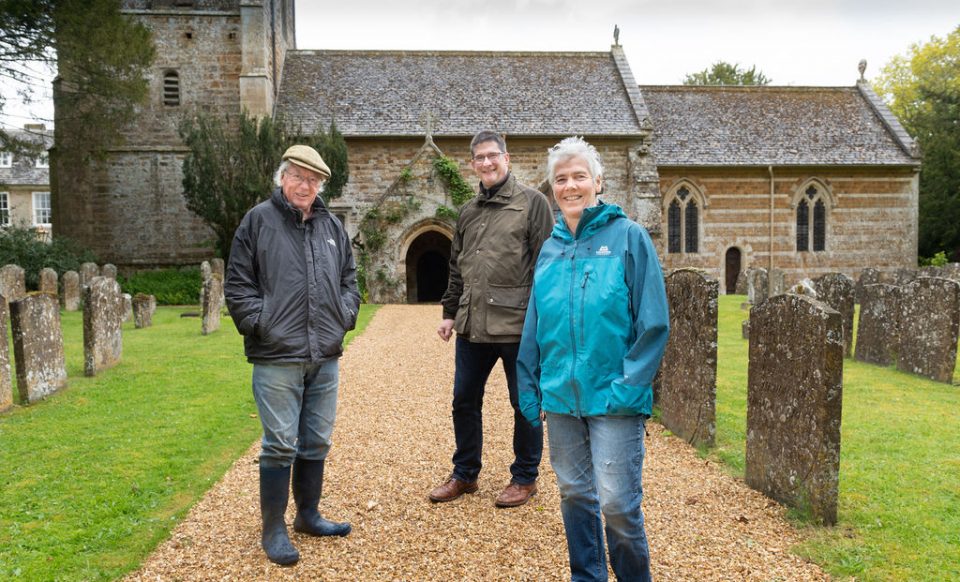
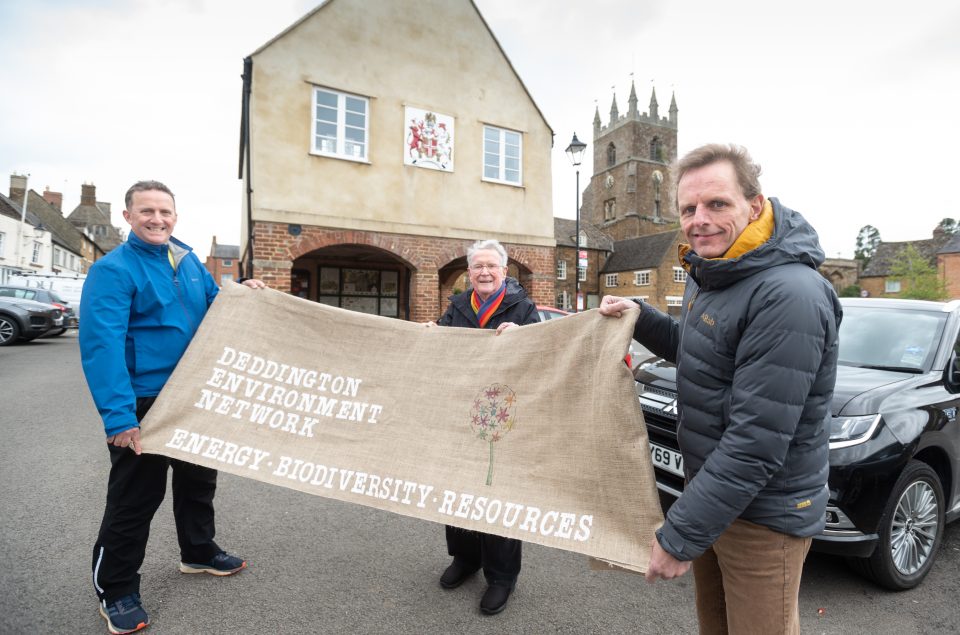
What were the key barriers we encountered?
The trials encountered a number of barriers, all of which provided important points of learning for Project LEO.
- The high costs of home improvement ‘retrofits’ that would have been needed to install heat pumps in the kind of properties in the two geographic areas (the initial focus of the trial), proved to be a significant barrier to the uptake of the trial, but this provided us with valuable insights into the adoption of heat pumps.
- We had to extend the scope of the trials beyond the Deddington and Duns Tew areas to the whole of Oxfordshire and we extended it to include homeowners with heat pumps already installed. Again, we gathered important learnings from this.
- There were some restrictions with the PassivUK control system in that it only worked for heat pumps from two manufacturers: Grant and Samsung. This, therefore, reduced the pool of already installed heat pumps the trial could utilise.
- The three contractors that installed the control equipment had to do more than initially expected, due to limited resources, expertise and the perceived complexity of the control equipment.
What did we learn?
The trial achieved its technical objectives and delivered flexibility from heat pumps to the Distribution System Operation and Electricity System Operator, gathering useful data about value stacking while delivering benefits to the trial participants. Although this did not take place via our original plan of new heat pump installation in the targeted off-gas communities of Deddington and Duns Tew.
Outside Project LEO, (but enabled by the smart technology installed as part of this SFN), one participant delivered around £28 of flexibility for the National Grid’s newly introduced Electricity System Operators Demand Flexibility Service between November and December 2023 whilst keeping the temperature of the property within their comfort range.
To make the heat pumps work efficiency, the properties in Deddington and Duns Tew would have needed significant improvements to their energy performance. The cost of installing these energy saving measures – a retrofit – prevented many householders going ahead. The cost of both the home improvements to energy as well as upfront cost of the heat pump itself was a significant barrier.
The trials showed us that in order to remove the number of barriers, and amount of work, involved in delivering flexibility from scratch, the value chain needs to be made more efficient. We think that this might be achieved through the creation of a one-stop shop that provides these services with efficient processes.
The PassivUK-controlled Air Source Heat Pumps run at constant low power (between 100–200W). This means that they are much better suited to turning up power than turning down power, to deliver flexibility, as shown by the results of the trials.
Importantly, the trials proved that flexibility services can be delivered through ASHPs without impacting the quality of life of the homeowners, though it does depend on each individual’s comfort zones when it comes to the temperature in their home.
Fulfilling the ‘local convenor’ role proved to be resource-intensive: Low Carbon Hub had to correspond with prospective participants, Cosy Homes, ASHP installers, PassivUK system installers, all whilst communicating with participants to help them understand the trials and technology.
Overall, the trials in Deddington and Duns Tew and across Oxfordshire provided a lot of useful learning about the future function of heat pumps, retrofitting homes in rural areas and the ability of homes with ASHPs to deliver flexibility services. While we encountered many unforeseen challenges, these too provided valuable insights that will help inform and shape any future roll-out of trials of this type.
